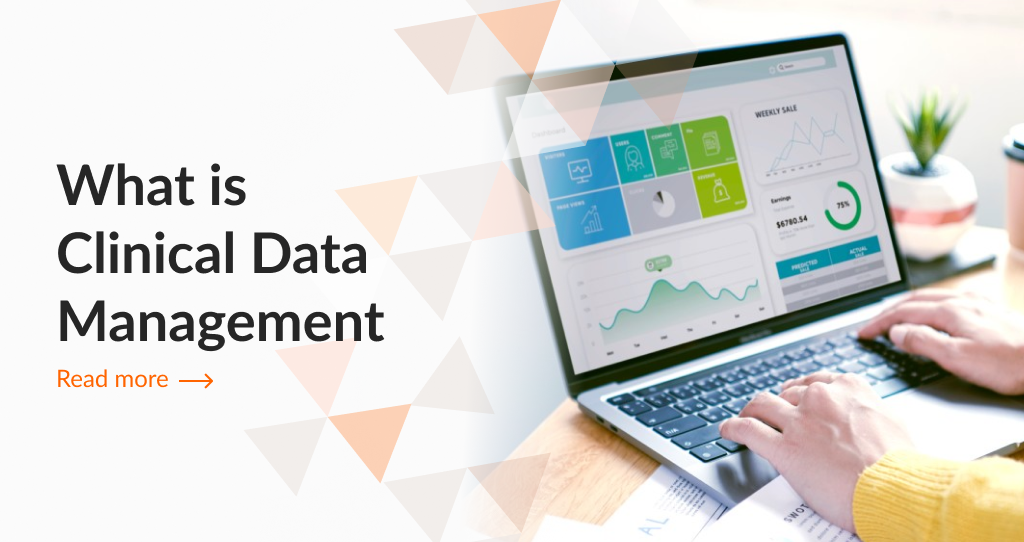Recently, the healthcare industry has been flooded with buzzwords and new technological lingo. eConsent, which stands for electronic informed consent in clinical research, is a term that appears to be here to stay.
The FDA defines eConsent as "the use of electronic systems and processes that may employ multiple electronic media, including text, graphics, audio, video, podcasts, passive and interactive Web sites, biological recognition devices, and card readers, to convey information related to the study and to obtain and document informed consent" for participation.
Let’s start by looking at some numbers:
By comprehending the statistics related to the clinical trial process, sponsors and researchers can better understand common obstacles and take a proactive approach to conducting successful studies. Some key facts include:
- Approximately 80% of clinical trials are delayed or closed because of problems with recruitment
- 37% of sites under-enroll volunteers, and 11% fail to enroll a single patient
- Clinical trials account for nearly 40% of the US pharma research budget and total around $7B per year. The estimated cost of patient recruitment is 40% of the total budget, or $1.89B
- Delays can cost sponsors between $600,000 and $8 million for each day that a trial delays a product’s development and launch
- Screen failure rates are significantly costly for sponsors and the cost (on average) across the industry is roughly $1,200 per failure
Today's eConsent documents may feature hyperlinks or pop-ups with trial terminology definitions. They may also show photographs or videos to give participants a better grasp of what a trial includes. This has the potential to reduce study dropout rates since patients have a better understanding of the experiment from the moment they consent to participate.
- Consent anywhere, anytime: Signing a sheet (or multiple sheets) of paper at a research location should not be considered the only method of acquiring informed consent. With today's technology, study participants can assent from nearly any location and have that consent linked directly to their own data. When utilized remotely, eConsent allows patients additional time to read and ponder essential trial material before making an informed decision.
- A better understanding of the fine print: What is the main concept of informed consent? Informed. The eConsent format gives patients clearer, more digestible information than a paper document. Today's eConsent documents may feature hyperlinks or pop-ups with trial terminology definitions. They may also show photographs or videos to give participants a better grasp of what a trial includes. This has the potential to reduce study dropout rates since patients have a better understanding of the experiment from the moment they consent to participate.
- Collaborate easily with others: Mobile-friendly eConsent benefits more than just participants. Researchers can also access studies while on the go. Administrators enable permission levels for users during study design in Octalsoft, which includes access to informed consent data.
- Tighter integration with study data: Octalsoft's eConsent integrates with the rest of the system's features and functioning. In other words, the consent procedure is inextricably linked to the rest of the data obtained on that participant, provided the data is collected on the same platform. This allows you to update the protocol and re-require consent if necessary, or to disable further data collection if consent is revoked. Finally, a single participant might have several consents for different versions of the same study stored.
- Track informed consent and re-consent: Some setups can save research workers substantial time and effort in keeping patients involved and informed. Participants are automatically given an email with attachments of the documents they studied and the signature they submitted if they consent. The system includes a 'track informed consent' tool that tracks whether or not patients have consented to participate in an experiment. If approval is obtained, the patient will have continued access to the platform and will receive forms, updates, and other information. The algorithm also knows which patients did not consent and removes them from the research automatically. This feature automates the process of deploying re-consent, which was previously a difficult undertaking for investigators and data administrators.
- Reduced regulatory risk: The consent of study participants is added to the audit trail at the time it is submitted. This is a cleaner and faster approach than gaining informed permission on paper, which often includes physical presence, one-on-one time, duplicating documents, scanning into records, and manually preserving traceability. Support from regulatory authorities such as the FDA and the Office for Human Research Protections (OHRP) is growing. They issued electronic informed consent guidance a few years ago. Guidelines and documentation offered by regulatory organizations serve to alleviate some of the concerns that research teams may have about replacing paper-based informed consent with eConsent.
In summation
In an industry survey on eConsent, respondents highlighted cost as the most significant barrier to implementing eConsent. This is why Octalsoft's eConsent capabilities are both accessible and affordable. We believe that the expense of employing technology solutions that promote better clinical trials should never be an impediment to research teams.
Do you want to know more about eConsent/EPRO implementation? Schedule a Free Demo now to learn more about how Octalsoft can assist you in developing and implementing a decentralized clinical trial system that links trial experiences for patients, sites, and sponsors. We look forward to hearing from you. Watch this space for more information, updates and fresh insights for your clinical trials in Octalsoft’s vast library of scientifically driven publications written by our team and industry key opinion leaders.




